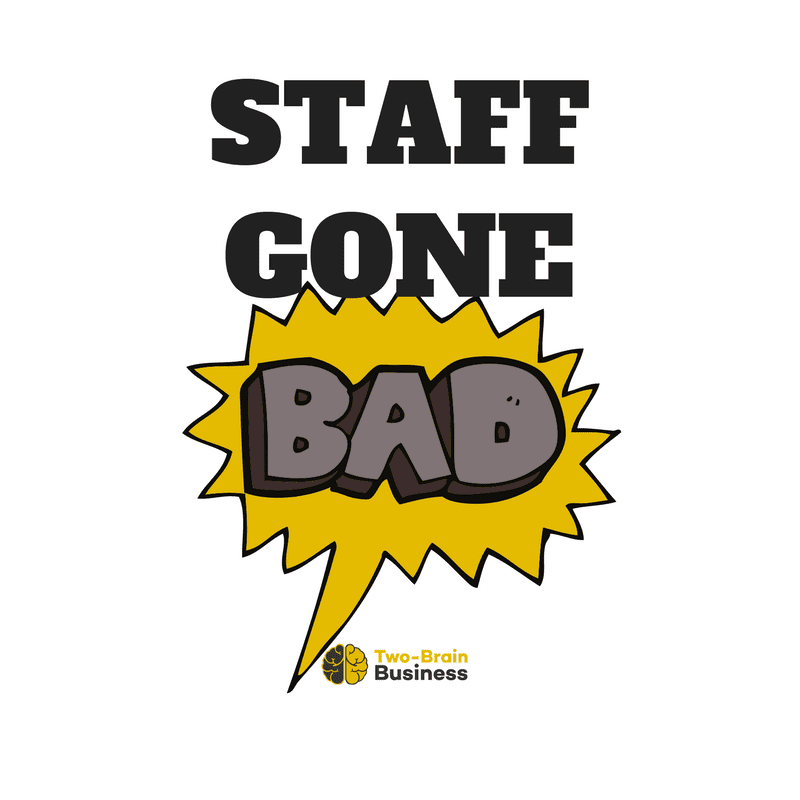One of my favorite stories from Dale Carnegie is about Dale Hoover, a famous test pilot and frequent performer at air shows.
After an air show in San Diego, Hoover was flying home to Los Angeles when both engines quit in the plane he was flying. His extreme skill allowed him to perform an emergency landing and survive with his two passengers, but the plane was badly damaged.
Hoover’s first act on the ground was to check the fuel tanks. His suspicion was confirmed: the WWII propellor plane had been filled with jet fuel, not gasoline, by the mechanic. Hoover went straight back to the airport and demanded to see the mechanic who had fueled the plane.
The mechanic came out of the bay, sick with the thought of losing an expensive plane, and almost causing three deaths by his careless mistake. Getting fired, he figured, would be the least of his worries. Hoover stared at the man for long moments, and then asked him to oversee the fueling of his plane the next day.
Everyone was shocked–Hoover wasn’t really known for temperance. One of his passengers asked, “Why would you want THIS guy, who almost killed us, to have another chance tomorrow?”
And Hoover responded: “Because there’s no one else in the world who will be more careful with my plane tomorrow.”
People screw up. I do it. So do you.
We know that our own mistakes are valuable. But we’re quick to condemn the mistakes of others, instead of realizing that THEIR mistakes are also valuable.
The first time a staff member breaks a rule, forgets to lock the door, or wears their hat backward when coaching, assume it’s YOUR fault. Ask:
- Have I told them NOT to do that?
- Was I clear enough?
- Have I written the rule down in our Staff Playbook?
- Have I evaluated this staff person in the last 90 days?
But the second time a staff person screws up, it’s THEIR fault. Now ask yourself:
- Did they understand the rule?
- Do they know WHY you have the rule?
- Do they have an emotional reason to follow the rule?
- Is there a consequence for failing to follow the rule?
- Are they fixable?
The fifth question in the list should only be asked if the answer to the first four is “yes”.
If they clearly understand the rule; know WHY you have the rule AND understand how the rule benefits your clients; and also know that failure has consequences, then they might not be fixable. And that’s okay: the people who got you here might not be the same people who get you to the next level. If they’re not, you’re one tough conversation away from having a better gym. And your mentor can help make that conversation a lot easier.
There’s no such thing as “common sense.” Tell people exactly how you want things done. But when they screw up, realize that their mistake might actually make them MORE valuable–as long as they don’t repeat it.

